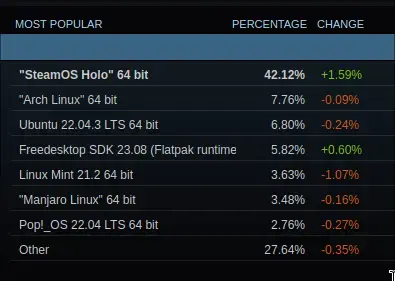The POSIX standard is more portable. If you are writing scripts for your system, you can use the full features in the main man pages. If you are writing code that you want to run on other Linux systems, maybe with reduced feature sets like a tiny embedded computer or alternates to gnu tools like alpine linux, or even other unixes like the BSDs, you will have a better time if you limit yourself to POSIX-compatible features and options – any POSIX-compatible Unix-like implementation should be able to run POSIX-compliant code.
This is also why many shell scripts will call #!/bin/sh instead of #!/bin/bash – sh is more likely to be available on tinier systems than bash.
If you are just writing scripts and commands for your own purposes, or you know they will only be used on full-feature distributions, it’s often simpler and more comfortable to use all of the advanced features available on your system.





In my country, we can buy pre-paid credit cards in the supermarket using cash. I guess that is still traceable using supermarket security cameras and facial recognition, but if you’re attempting this, I’d make it as difficult as possible.